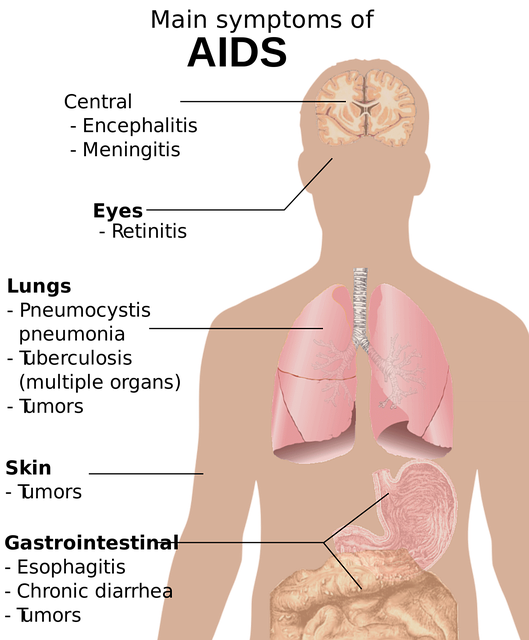
Contents
What is Respiratory Syncytial Virus (RSV)?
Respiratory syncytial virus (RSV) is a common virus that infects the lungs and breathing passages. It can cause a wide range of respiratory illnesses, from mild cold-like symptoms to severe illnesses such as bronchiolitis and pneumonia. RSV is the most common cause of lower respiratory tract infections, such as bronchiolitis, in young children.
Signs & Symptoms of RSV Infection
The symptoms of RSV infection can vary from mild cold-like symptoms to a severe respiratory illness. Common symptoms include:
- Coughing
- Sneezing
- Runny nose
- Fever
- Wheezing
- Rapid breathing
- Shortness of breath
Infants and young children may also experience wheezing and a whistling sound when exhaling.
Complications of RSV Infection
RSV can cause some serious complications, especially in babies and young children. These include:
- Asthma
- Persistent wheezing
- Bronchitis
- Pneumonia
- Ear infections
- Fluid buildup around the lungs
- Kidney infection
Prevention of RSV Infections
The best way to prevent RSV infections is to practice good hygiene. Some tips include:
- Wash hands regularly
- Keep surfaces clean and disinfected
- Avoid close contact with people who are sick
- Sneeze and cough into your elbow
- Avoid touching your face
- Avoid large crowds, if possible
In addition, babies and young children can be vaccinated against RSV. Talk to your healthcare provider to find out if this is right for your child.
and Health
Respiratory syncytial virus (RSV) is a common virus that can cause a range of respiratory illnesses, from cold-like symptoms to more severe illnesses. Symptoms of RSV infection can include coughing, sneezing, runny nose, fever, wheezing, rapid breathing, and shortness of breath. RSV can also cause serious complications, such as asthma, bronchitis, pneumonia, and fluid buildup around the lungs. The best way to prevent RSV infections is to practice good hygiene and keep surfaces clean and disinfected. Babies and young children can also be vaccinated against RSV.
